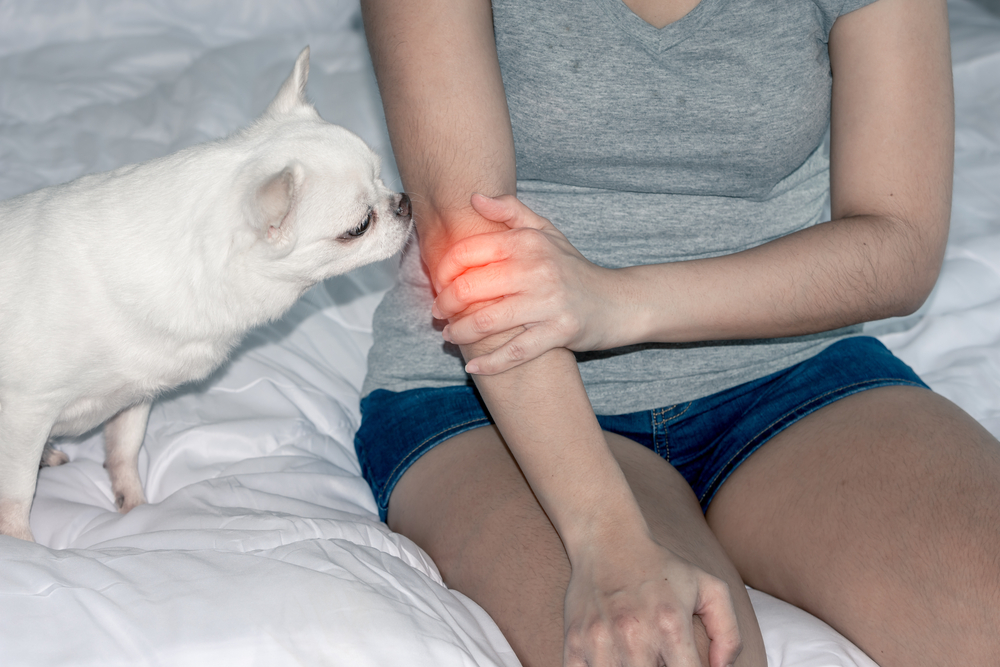Source: Scientific American
Billy, a beagle trained to detect cancer, demonstrates how dogs can identify disease by scent. Cancer alters a person’s “volatilome,” the unique mix of volatile organic compounds in breath, sweat, blood, and urine. Dogs like Billy are trained to detect these subtle chemical changes, often via masks worn by patients. While research also explores canine detection of COVID, malaria, and PTSD, dogs aren’t routinely used in diagnosis due to logistical hurdles, varying accuracy, and individual differences.
A study by University of Bristol researchers and the charity Medical Detection Dogs examined whether personality—particularly optimism or pessimism—affects scent detection. Dogs were tested on their responses to “positive” and “negative” treat locations, then introduced to ambiguous spots. Those slower to approach uncertainty, labeled “pessimistic,” were more accurate in distinguishing target scents. Scientists believe cautious dogs make fewer mistakes, highlighting the potential for tailoring training and selection to canine personality to improve medical detection reliability.

